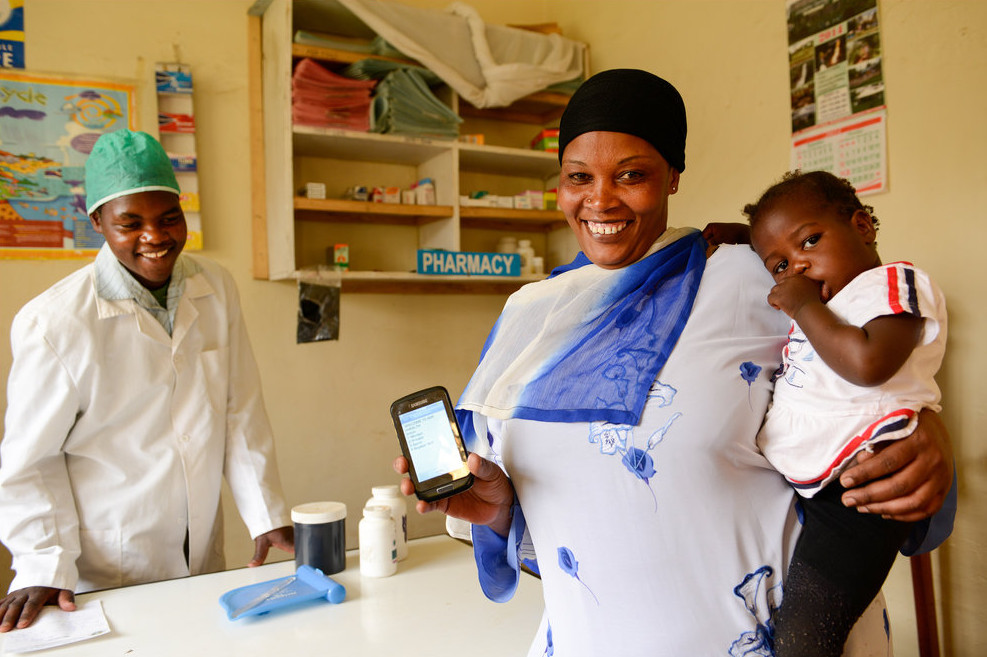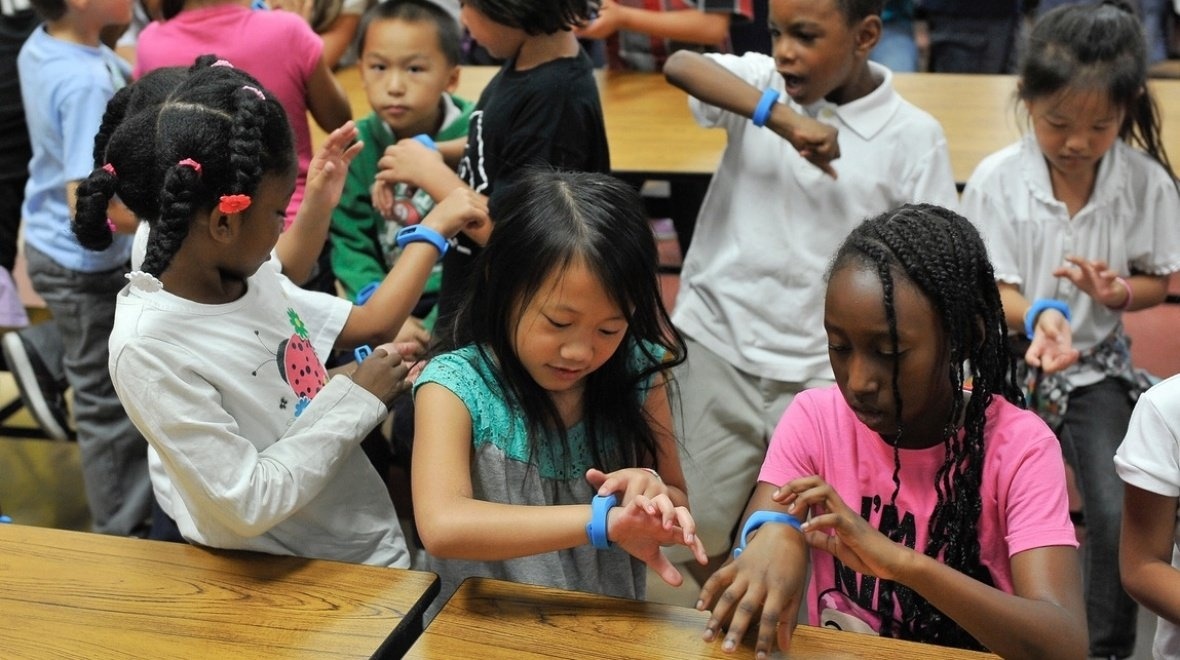Technology tackles healthcare corruption
Mobile phone technology could help beat bad practices in healthcare delivery, research suggests.
Innovations such as apps offer opportunities for improving governance in the healthcare sector, particularly in low and middle income countries, the study found.

Use of mHealth for pharmaceutical purposes. Hai Afrika
University of Edinburgh September 7, 2016
| Good governance |
Experts say that good governance is essential for ensuring citizens have fair access to high quality healthcare. Corruption, fraud, inefficiency and discrimination are major barriers to medical care provision in many developing countries.
| Digital technologies |
Researchers from the Universities of Edinburgh and Cambridge reviewed existing studies on how mobiles, the internet and other digital technologies are being used to tackle questionable practices in healthcare.

Wearables for good. The same technology that can entertain kids in San Francisco could transform communities half the world away.
| Combatting fraud |
They identified a number of initiatives that are helping to increase transparency and accountability in healthcare services. Examples inc
| Review |
ude enabling people to report discrimination or bribery through social media. Barcodes that can be read by mobile devices are helping people to check that their medicines are genuine.
Other initiatives such as automated monitoring of hospital stocks are helping to prevent theft. Mobile phone payment systems can offer additional security to ensure healthcare workers receive their salaries directly.
“As digital technologies become more widely available there are real opportunities to make a difference, and we’ve seen some great examples of innovation. Further research is needed to understand which approaches are likely to work best and why.” Dr Claudia Pagliari, University of Edinburgh
This is the first comprehensive review of how digital technologies are helping to tackle corruption in healthcare.
Senior researcher Dr Claudia Pagliari, of the University of Edinburgh’s Global Health Academy and Usher Institute of Population Health and Informatics, said: “While all countries are affected by these problems to some extent, the health sector in low and middle-income regions has been particularly susceptible.”
Isaac Holeman, a Gates Scholar pursuing PhD studies at the University of Cambridge’s Judge Business School, and co-founder of the non-profit MedicMobile, adds: “To be effective these technologies need to be designed with a sound understanding of the lived experiences of users and accompanied by the right mechanisms for turning digital insights into action.”
The study, published in the Journal of Global Health, was funded by the US Agency for International Development through its Leadership, Management and Government Project.
 Source University of Edinburgh via EurekAlert! AAAS
Source University of Edinburgh via EurekAlert! AAAS
| References |
Digital technology for health sector governance in low and middle income countries: a scoping review, Isaac Holeman, Tara Patricia Cookson, Claudia Pagliari. Journal of Global Health 2016 Vol 6 No 2 020408 doi: 10.7189/jogh.06.020408
| Further reading |
Use of Mobile Phone to Promote Governance and Equity within the Health System: Experience of Rural Health District in Burkina Faso, Maurice Yé, Cheik Bagagan, Ourohiré Millogo, Idriss Tinto, Ali Sié, Duclos Vincent and Bibeau Gilles. J Health Commun. 2016,1:3.
Effectiveness of mHealth interventions for maternal, newborn and child health in low– and middle–income countries: Systematic review and meta–analysis, Siew Hwa Lee, Ulugbek B Nurmatov, Bright I Nwaru,1 Mome Mukherjee, Liz Grant, and Claudia Pagliari. J Glob Health. 2016 Jun; 6(1): 010401. Published online 2015 Nov 8. doi: 10.7189/jogh.06.010401
Also see
What is the Future of Wearable Technology in Africa? Hai Arfrika
Wearables for good: Why are tech companies altruistic? Wareable
